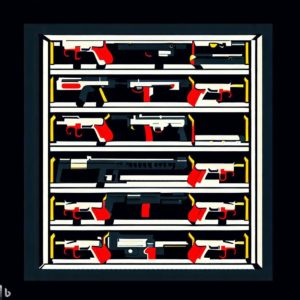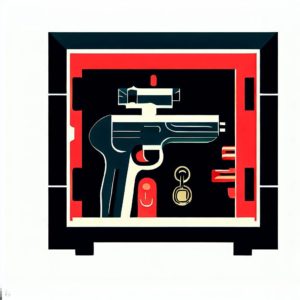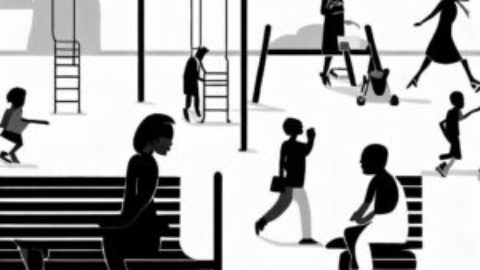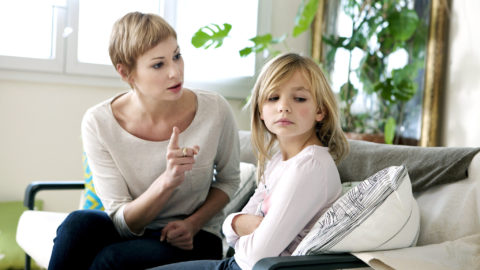
With firearm ownership a reality for many, the topic of safety can’t be ignored. Today, we’re talking about an aspect often overlooked – the psychological perspective on gun safety at home.
Gun safety isn’t just about physical actions like storing guns in safes or keeping them unloaded. It’s also about the mindset that drives these safety practices. It’s about understanding the mental health implications of having firearms at home, and the impact they can have on everyone, especially vulnerable groups such as children and teens.
Let’s Talk Gun Safety
In the U.S., it’s estimated that fewer than 10% of adults discuss gun safety with their physicians or mental health practitioners. That’s alarmingly low, isn’t it? We have car seat safety talks, we have safe sex discussions, so why don’t we discuss firearm safety?
The Psychological Impact of Firearms at Home
Let’s dive in a bit more. Home is supposed to be a sanctuary. It’s a place where we should feel secure and protected. However, the presence of firearms in the home can unintentionally cause feelings of fear or anxiety for some, especially if those firearms aren’t stored securely.
Statistics show that the presence of a gun in the home increases the risk of unintentional shootings, suicides, and homicides. Disturbingly, about half of suicides in the U.S. involve a firearm, and guns are a leading cause of death among children and teenagers. Imagine the burden of that knowledge on young minds. It’s something we should address, don’t you think?
But let’s be clear – this isn’t about questioning your right to own a firearm or your ability to use it responsibly. It’s about understanding that mental well-being and firearm safety are intertwined and that practicing secure storage and open communication can actually boost our mental health.
Improving Firearm Safety: A Psychological Standpoint

Here are a few tips on improving firearm safety from a psychological standpoint:
- Open communication: Have clear and open conversations about the presence of firearms in the house, their purpose, and their potential dangers. Create a safe space for these discussions, so all family members feel comfortable asking questions or expressing concerns.
- Education and training: Regularly educate yourself and family members about safe firearm handling practices. Include training on the psychological aspects, such as understanding the anxiety or fear that others may feel due to the presence of firearms.
- Safe storage: Store firearms in a secured location, preferably a gun safe. This reduces the risk of accidents, theft, or unauthorized use, which can contribute to peace of mind for all family members.
- Professional guidance: If you or someone in your home feels anxious or fearful about the presence of firearms, consider seeking guidance from a mental health professional.
Remember, safety isn’t just a physical concept. It’s psychological too. When it comes to firearms, we need to consider both. It’s not just about protecting ourselves from the outside world, but also about creating a sense of security and well-being within our own homes.”







